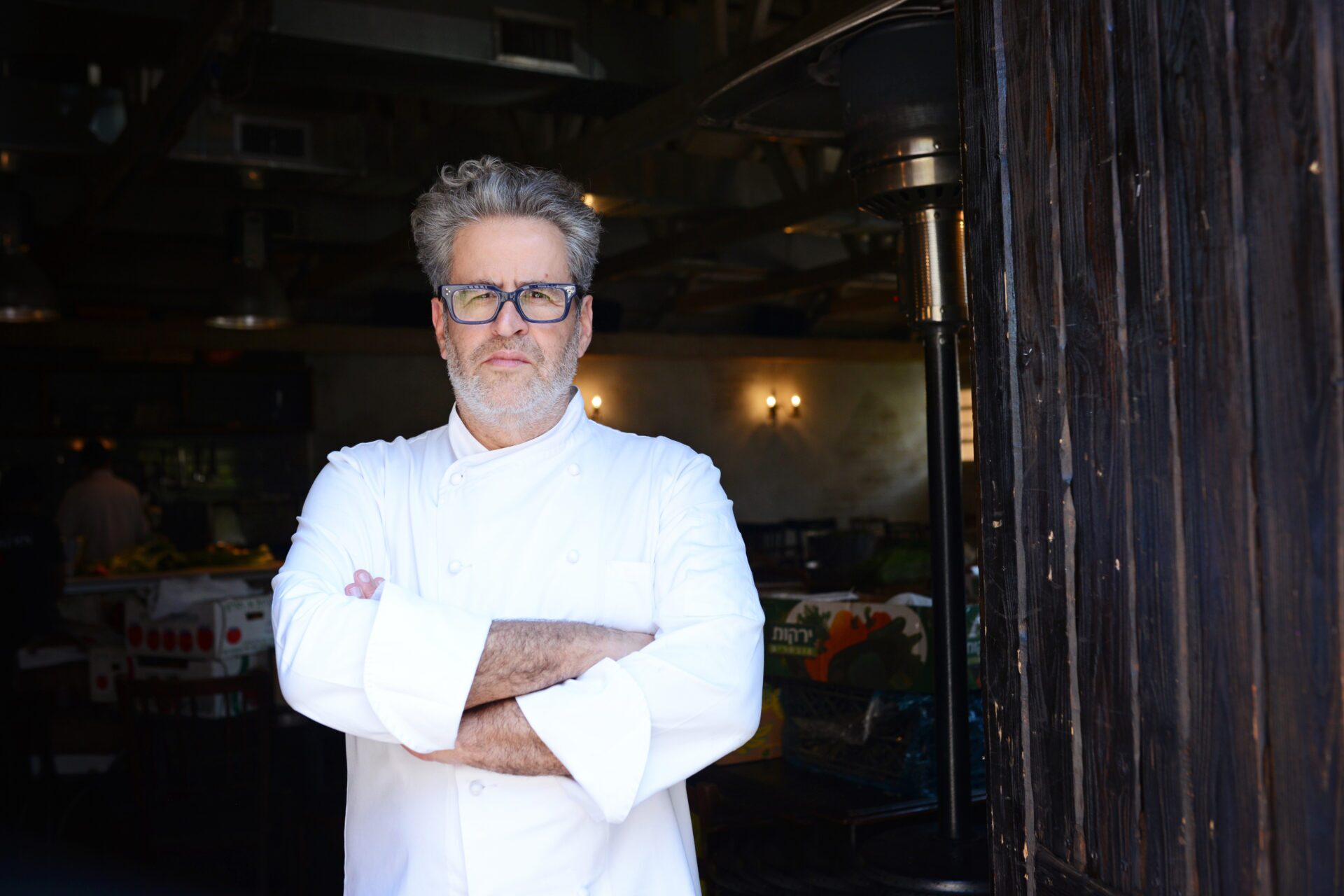Israeli chef Eyal Shani brings Tel Aviv vibe to Dubai Marina
Newly opened North Miznon introduces such culinary innovations as octopus shishlik and ‘whole animal artichoke’ to Emirati restaurant scene

North Miznon
Israeli chef Eyal Shani at his North Miznon restaurant
Eyal Shani, an evangelist for introducing Israeli cuisine to an international audience, says he feels liberated in Dubai.“I can bring tomatoes and cucumbers from Lebanon, I can bring yogurt from Damascus, beautiful fruits and vegetables from Iran, cheeses from...











